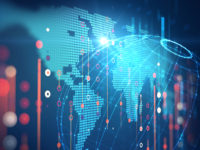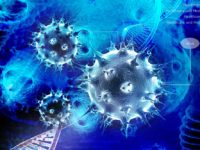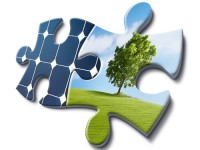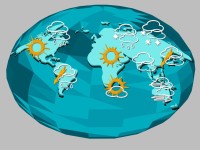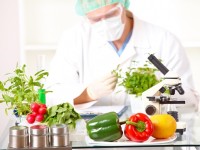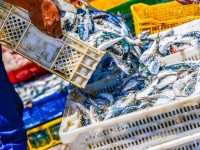Big Data refers to extremely complex datasets that require advanced computational methods to process, analyze, and extract meaningful insights. In environmental science, Big Data enables climate modeling, pollution monitoring, conservation planning, and agricultural optimization. Environmental data scientists typically earn $65,000-$130,000 depending on specialization and experience, with the field projected to grow significantly as organizations prioritize…
Read more
Big Data in Environmental Science: Careers, Applications & Degree Programs
